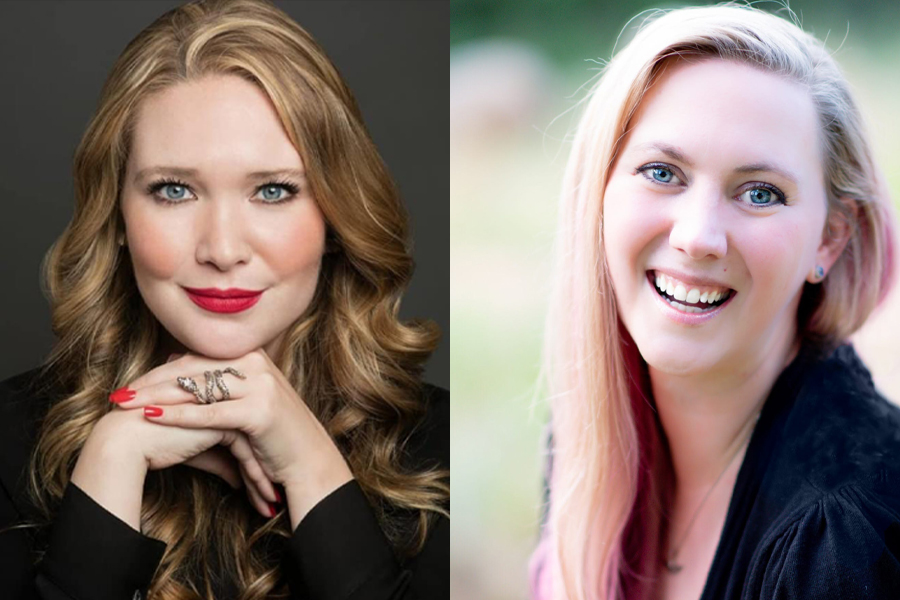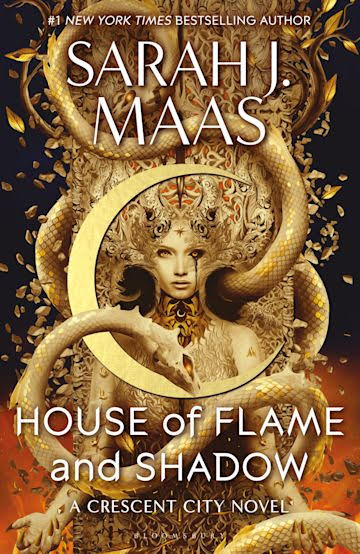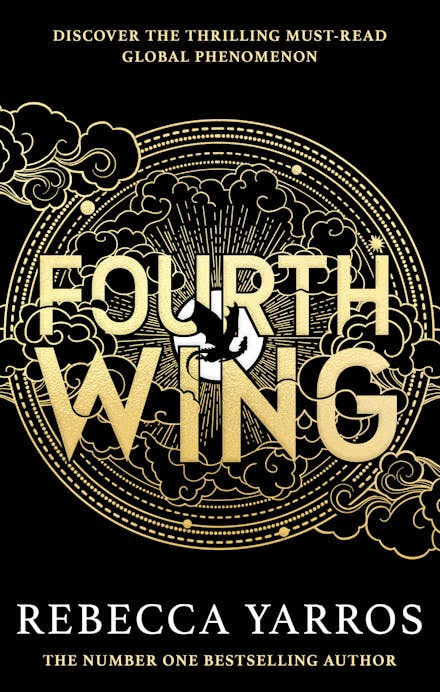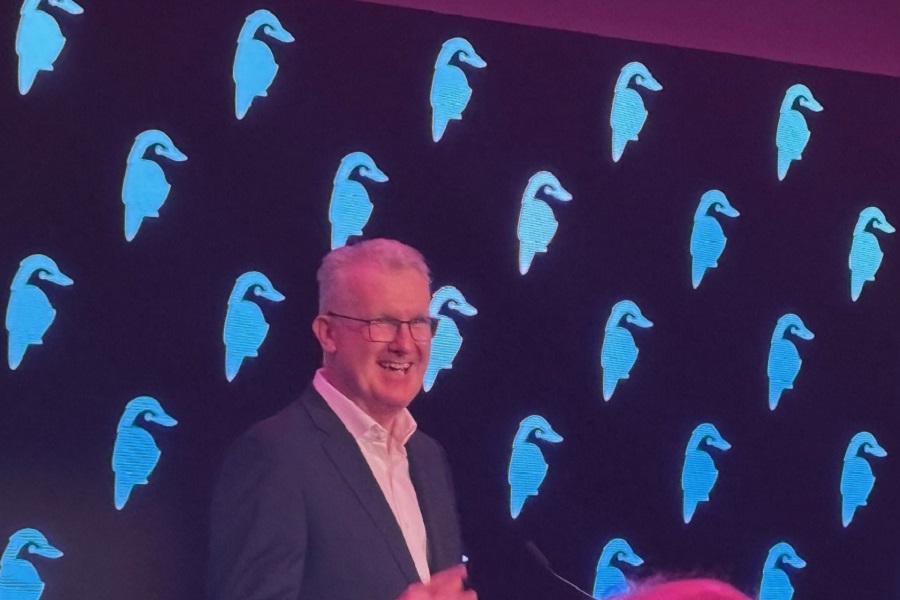
Book reviewer COLIN STEELE looks at the American rock stars of the new literary phenomenon – “romantasy” writing – which is sweeping the world.
Sarah Maas and Rebecca Yarros are the Taylor Swifts of contemporary book publishing with their romantasy novels, a blend of romance and fantasy.

Why? Is it because of BookTok and Instagram publicity to a young, notably female audience, or the need for readers of all ages to escape from an increasingly difficult world.
One major publisher has commented: “It’s not an accident that BookTok and that romance readership kicked off in 2020 – a period characterised by uncertainty”.
Kathleen Farrar at Bloomsbury Publishing, one of the leading romantasy publishers, has said that the genre’s “strong yet nuanced female characters features have attracted huge numbers of female readers who may previously not have felt particularly welcome or catered for in the fantasy market”.
The two leading romantasy authors are Americans Sarah J Maas and Rebecca Yarros, who have topped global fiction bestseller lists in 2023 and 2024.
Maas’ series of books, including the Throne of Glass and A Court of Thorns and Roses have sold 40 million copies worldwide in 38 languages. Her publisher, Bloomsbury, have reported that associated hashtags connected to Maas’ books have had more than 11.5 billion views on TikTok alone. Social media is central to the romantasy publishing phenomenon.
Maas’ and Yarros’ books cover loss and grief, trauma and friendship, infused with a generous dose of “spice” – BookTok’s term for eroticism and sex. It’s not uncommon for romantasy novels to come with “spice ratings” from their female readers, “Spice Girls”.

Maas’ House of Flame and Shadow paperback edition, the third book in her Crescent City series, became, in early 2024, the highest selling print title in Australia, selling more than 36,700 copies in its first week of release. It continues the story of hybrid heroine, Bryce Quinlan, a 25-year-old half-fairy, half-human woman.
In the latest book, Bryce is stranded on a world in which she does not know who to trust, while her lover, fallen angel, Hunt Athalar is imprisoned by ancient godlike beings, the Asteri.
Rebellion may be the only option, with Bryce becoming “the young woman who saves a faerie kingdom from a dark overlord”.
Despite its huge sales, the plot line, however, echoes those of the previous books and Bryce, who has always been about fighting for the people she loves, becomes too imperious and self-centred.
Rebecca Yarros delivers a fresher romantasy series with her Empyrean novels Fourth Wing and its sequel Iron Flame, which have sold 1.2 million and 1 million copies in the US respectively, making her the second best selling author (fiction and non-fiction) after Colleen Hoover.
The B format paperback of Fourth Wing topped the highest new entries on the Australian publisher list in mid-April. It sees book-loving, 20-year-old Violet Sorrengail, enrolled in the ruthless War College for dragon training, in which participants graduate or die. The dragons are particularly ruthless – “dragons don’t bond with fragile women. They incinerate them”.
Violet becomes enmeshed in what will be an “enemies-to-lovers” relationship with her family’s nemesis Xaden Riorson, a relationship initially compromised by the fact Violet’s mother killed Xaden’s father.
It’s a compelling mix of magic, dragons, slow-burn romance and political intrigue with a cliffhanger conclusion that leads on to the next book, Iron Flame.

Yarros is touring Australia in late June, but unfortunately not to Canberra. At American book launches she is often mobbed by fans dressed as her characters from her novels, with midnight launch parties at bookshops.
It’s revealing that the Australian organisers of the Yarros tour indicate that only one book initially can be signed per person, stating “fans wanting multiple books signed will need to queue up multiple times”, which reflects the nature of fantasy fandom. I still remember the four-hour queue for signings on one occasion for Terry Pratchett at a Canberra meet-the-author event.
Genre publishing, including crime and science fiction, has often been looked down upon by the “literati” especially when it sells well. One major ABC book reviewer recently commented on the book she was reviewing: “Don’t turn off because this is a genre book”, which highlights that critical disdain.
Tanya Kirk, the curator of the British Library’s recent exhibition, Fantasy: Realms of Imagination, has commented that now it’s a very vibrant genre with far less literary “patronisation” that in the past and that genres, such as romantasy, “lets us look at our own world in a new light”. Maas and Yarros certainly do that.
Who can be trusted?
In a world of spin and confusion, there’s never been a more important time to support independent journalism in Canberra.
If you trust our work online and want to enforce the power of independent voices, I invite you to make a small contribution.
Every dollar of support is invested back into our journalism to help keep citynews.com.au strong and free.
Thank you,
Ian Meikle, editor




Leave a Reply